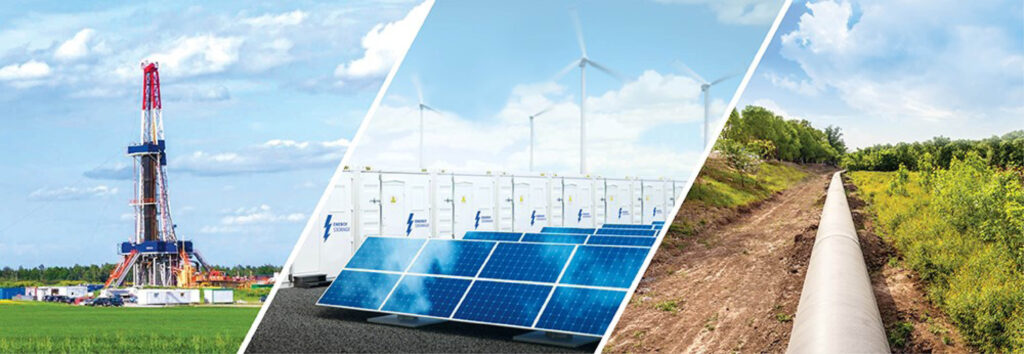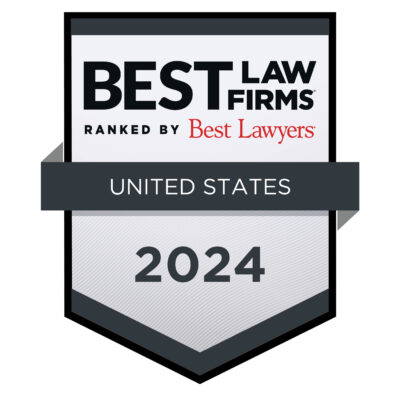Land Use

The legal aspects of energy development are complicated by the split regulatory jurisdiction between state environmental agencies and local governments, particularly in a state such as Pennsylvania, which has more than 2,500 local government entities, including counties, cities, boroughs and townships. Weaving through this regulatory maze is compounded by the still uncertain dividing line between state and municipal authority, and by the fact that each of these entities may have a completely different set of regulations regarding issues such as noise, setbacks and hours of operation. Reflecting the firm’s commitment to a truly inter-disciplinary practice, our land use attorneys, with their experience at the local level, work closely with our environmental attorneys who focus on the state and federal half of this equation.
In support of the natural gas and mining industries, Babst Calland’s land use attorneys have handled the myriad of issues which arise at the local government level related to mining and natural gas extraction, processing and transmission. Those experiences similarly position our group to support the growing renewables industry as it encounters obstacles at the local level, including zoning ordinances (with sometimes onerous noise, setback and height limitations), subdivision and land development ordinances, stormwater and grading ordinances, historic district regulations, and building and fire codes, among others.
With respect to zoning and other land use issues, our attorneys:
- Monitor municipal ordinance developments throughout the Commonwealth on behalf of individual clients and trade organizations.
- Identify and evaluate up-front the specific ordinance requirements and processes on a community-by-community basis.
- Develop a community specific application and permitting template for use by our clients’ permitting and land personnel.
- Handle special exception, conditional use and other public hearings for mines, wells, pipelines, compressor stations, processing facilities and renewable energy facilities which can include solar, wind and storage facilities.
- Work to facilitate voluntary amendments to local ordinances that unduly restrict energy development activity, or where necessary, develop appropriate legal challenge strategies on behalf of energy clients, teaming with our energy litigation attorneys.
- Address potential application of subdivision and land development and stormwater management ordinances.
- Advise natural gas clients on the ramifications of the recently adopted comprehensive overhaul of the Commonwealth’s regulation of the industry (Act 13), and Department of Environmental Protection and Public Utility Commission implementation of and litigation surrounding it.
In addition to traditional land use issues, Babst Calland attorneys regularly advise energy clients on related local government matters, including:
- Enforcement and legality of noise restrictions.
- Excess maintenance (heavy hauling) agreements and associated bonding requirements on weight restricted roads.
- The legality of excessive permitting fees.
- Right-to-Know Law (Pennsylvania’s Freedom of Information Act) requests and Sunshine Act (Open Meetings) issues.
- Local earned income, local service and real estate “clean and green” taxes.


